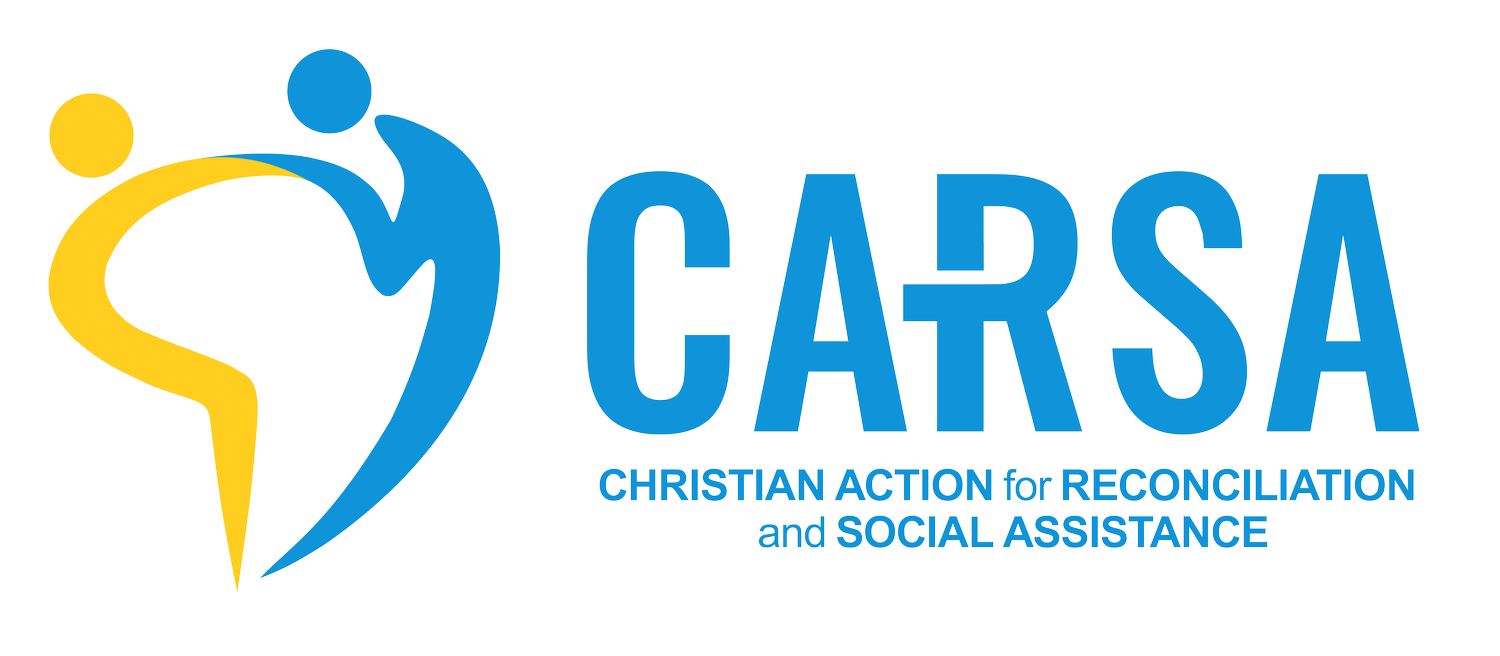A Word from Christophe
“It’s not an easy journey, to get to a place where you forgive people. But it is such a powerful place, because it frees you. Tyler Perry.”
A lack of forgiveness comes in many forms. Unexpected breakups, family trauma, or betrayal of any kind can easily cause resentment to take root in our hearts. It can be an unimaginably hard task to choose to let go of past hurts and begin to heal, but the decision to forgive will ultimately lead to a happier and more fulfilling life.
It’s important to understand that deciding to forgive doesn’t mean you’re dismissing or justifying the pain someone has caused you; it will however create space in your mind and heart for true joy.
For about two decades, CARSA has been working in the post genocide context to bring about forgiveness and reconciliation between genocide survivors and their direct offenders. This has been a complex and sensitive journey but also an opportunity of learning. There are key questions that come in mind when you imagine about the post genocide reconciliation.
- How can someone forgive a neighbor who have murdered your family members(spouses, children, parents…)?
- How possible can a genocide perpetrator repent, confess and ask for forgiveness for the killing of more than one person?
- How do these people restore their relationship and trust to rebuild their communities?
- How does young generation cope with their parents’ trauma and hatred and build a shared future?
Working with all the mentioned groups, CARSA has experienced practical answers to all these questions. CARSA is launching a new website as well as a series of videos providing stories from genocide survivors and perpetrators who share their journey and lived experiences that answers the above questions.
We are inviting you to join us through the website and embark in a unique learning journey that we not only challenge you but also teach you about trauma healing and forgiveness.
Christophe
